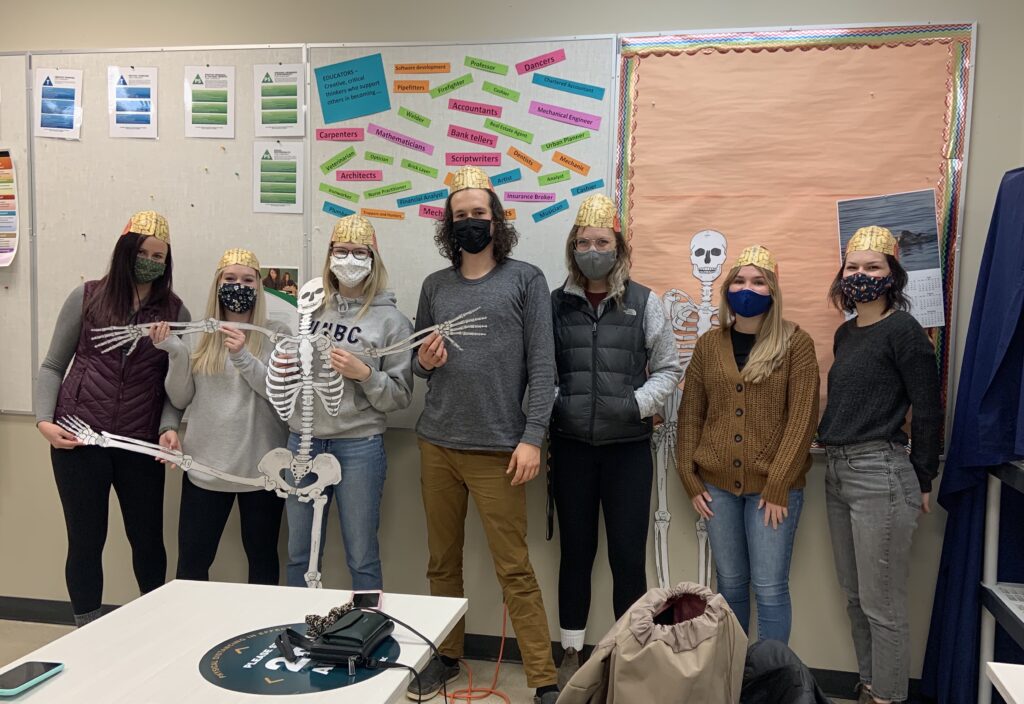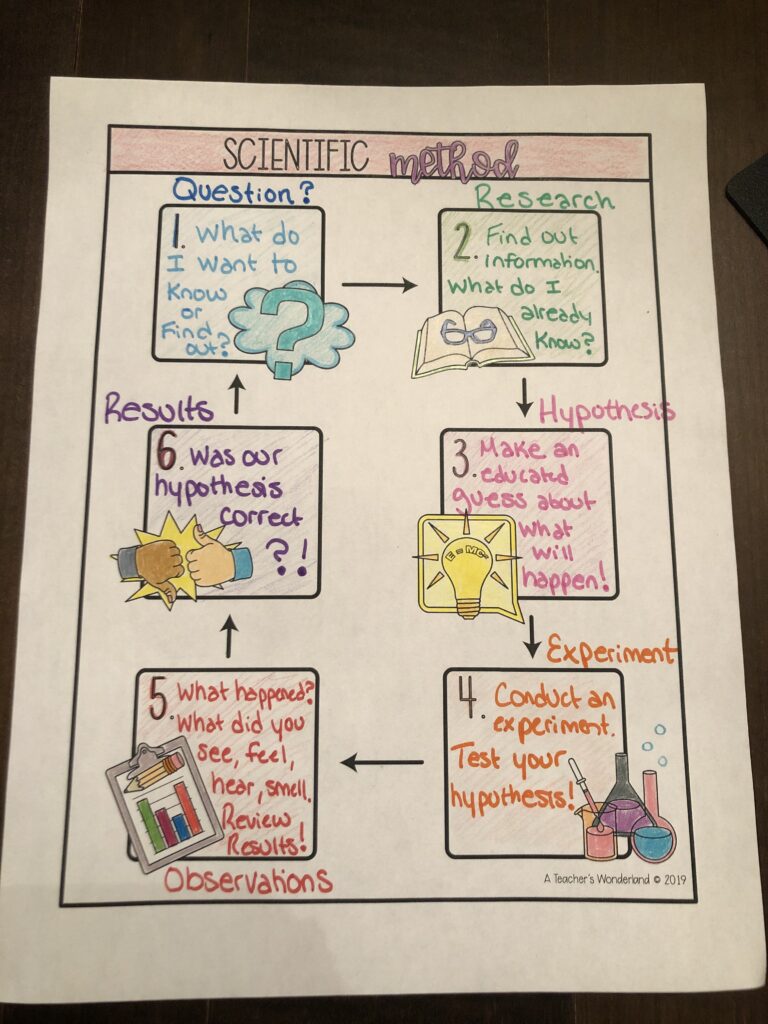March 30th, 2021
It’s safe to say that the highlight of Block 2 for me was our experiential practicum. Being able to finally put some of my knowledge and skills to work as an educator felt incredible. I made so many meaningful connections between my studies and my practice. Initially, I questioned why it took so long for us to ‘jump in’ and give a go at teaching. However, now I see that my experience may not have been as positive without the foundation of knowledge I have gained behind me. I was able to implement different assessment strategies taught in 421 as well as ADST strategies and ideas taught to us in 398 and 397. I actually taught a science lesson to my class during the experiential practicum that our professor in 398 had taught us. Needless to say, my professor was very excited I was able to use her lesson with my students. I pushed myself during the practicum to try and teach all subjects. These included, science, math, social studies, physical education, social and emotional learning, coding, as well as english language arts.
As we come closer to completing this block, my inquiry and guided question has changed quite a bit. What I initially wanted to know was how teachers were able to separate their career from their personal life, especially when experiencing a difficult day at work. I wanted to know when you realize as an educator you have done everything you can for your students and how to prevent yourself from overstepping into their lives to try and change things yourself. I had several emotional experiences during my practicum that helped me answer these questions with my CT. Being at a tier 1 school presents its own challenges; however, I was not exactly prepared for some of the scenarios and home lives of students that would be brought to my attention. At the end of those difficult days, I would sit down with my CT and discuss strategies for moving forward. She responded very openly and honestly to my inquiries and reassured me that how I was feeling was completely normal and expected. Sometimes you see difficult things as an educator, but it is not always your role to fix it. Your role is to support, care for, and love those students regardless while providing them their education. These skills and experiences have not necessarily presented themselves this block in my coursework, because you need to see it for yourself to figure out how to appropriately react. I was very fortunate to have developed a strong relationship with my CT to discuss these difficult questions and scenarios with. At the end of the day, it is just as important you take care of yourself and spend as much time and love on yourself as you do for your students.
With that in mind, I would like to shift my inquiry for next block and align it with assessment. I got the tiniest taste of assessment during my experiential practicum, and it has left me with so many questions. One of them being how does one appropriately align learning outcome expectations with what is being assessed? I realized after the first week that what I was teaching the students did not line up with what I wanted to assess- or I was looking at it from the wrong angle. For example, when I did my ‘one-off’ science and ADST lesson, the experiment itself was not within the grade 4/5 curriculum (chemical reactions), however teaching the scientific method was. When I designed my exit slip, I simply wrote out some questions that would allow the students to show me they paid attention to the experiment and materials used- not the scientific method process. I had a conversation with my CT about it before and after the lesson since she caught the error I had inadvertently made. What I should have done was had one or two questions that reflected the scientific method we had worked through as a class before conducting the experiment. I quickly made an adjustment and asked the students to write me a sentence on the back asking them to tell me something they had ‘observed’ during the lesson. My current inquiry involves how educators plan their lessons to assess their desired outcome. Do they plan the assessment first, and then design the lesson around that? Or adapt the assessment to the lesson?
Three goals I have for block 3 are as follows:
- Discover more assessment strategies for summative and formative assessment to use with my classroom in the next practicum.
- Use more manipulatives and hands-on materials for Math lessons to solidify learning and incorporate ADST.
- Practice my time management skills during my teaching and spend less time talking at the students and more time working alongside them J
I look forward to the learning and connections to come in Block 3!



Leave a Reply